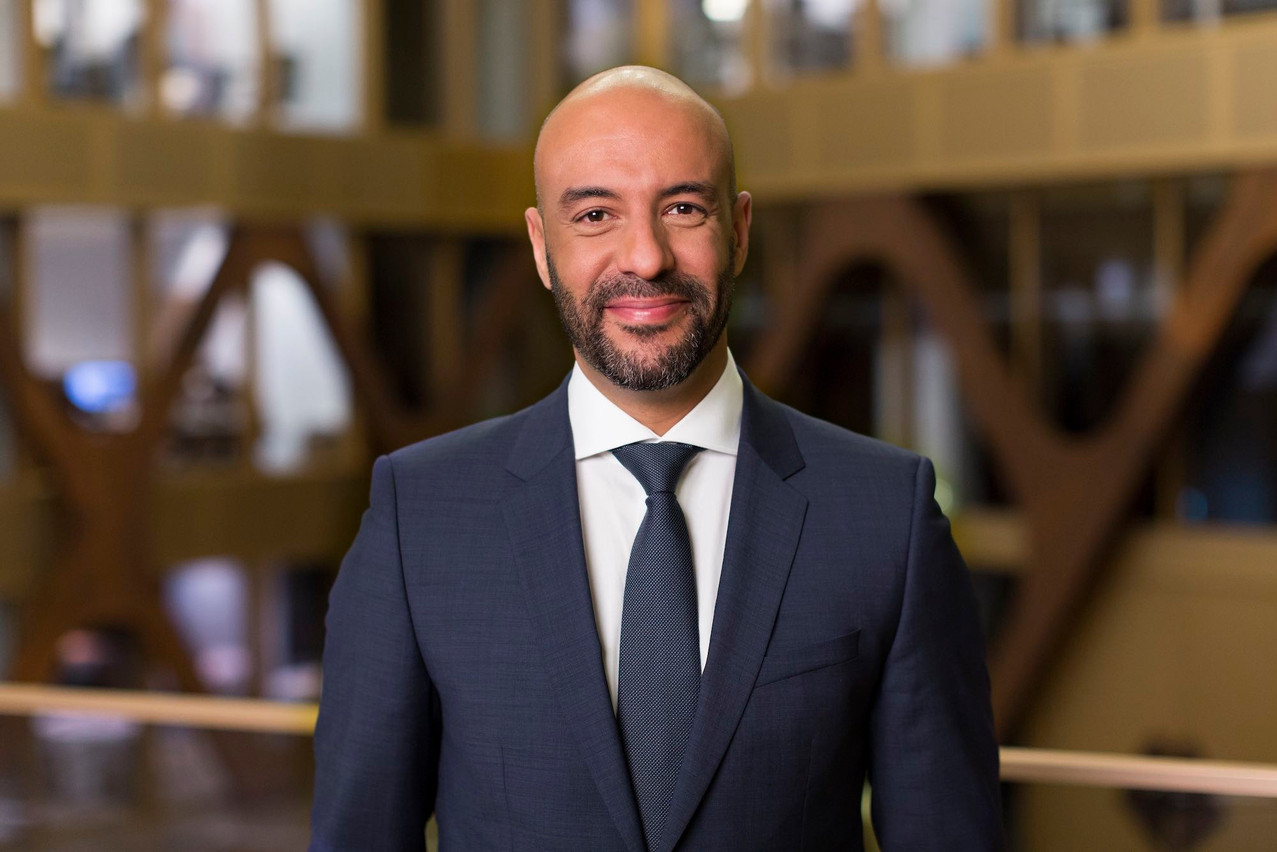Digital innovation has been the boardroom buzzword for a few years now, and I believe we will soon see this idea come to fruition thanks to tokenisation. This technology has steamrolled its way into some financial circles, but it now appears to be breaking into the mainstream. Blockchain has the chance to foster greater efficiency, inclusivity and innovation in financial markets for the future.
The potential of tokenised assets
So what makes tokenisation so attractive? Its potential. Digital assets and blockchain will dismantle barriers within the investment ecosystem, especially here in Luxembourg. Tokenisation facilitates seamless asset ownership transfer, making traditional intermediaries obsolete.
At the core of tokenisation lies the promise of disintermediation
This shift not only promises heightened efficiency but will open up greater transparency and accessibility within markets. Tokenisation has the chance to disrupt investment dynamics and catalyse transformative changes within the fund industry. We must all be prepared and, most of all, excited for the addition into the industry.
Unlocking efficiency through disintermediation
At the core of tokenisation lies the promise of disintermediation, a process that can revolutionise operational dynamics within the fund industry.
Historically, financial transactions have been trapped within a complex web of intermediaries, each imposing its own toll on the investment process. Tokenisation breaks down this traditional model by streamlining operations and eliminating the need for intermediaries, thus fostering unprecedented levels of efficiency and cost-effectiveness.
Central to this operational transformation is blockchain’s capacity to automate key facets of asset management. Through the utilisation of smart contracts and decentralised ledgers, tokenisation ensures frictionless asset transfers, removing the need for labour-intensive reconciliation processes. By circumventing traditional intermediaries, tokenisation facilitates faster transaction speeds and enhances security measures, thereby mitigating risks and bolstering investor confidence.
Investment democratisation
Aside from operational efficiencies, I envision tokenisation heralding a new era of democratisation within the investment landscape. Investment opportunities have been predominantly monopolised by institutional players, leaving retail investors on the side of financial markets. What we will see tokenisation do is democratise access, resulting in a more level playing field and more empowered investors across diverse demographics.
Read also
By fractionalising assets and reducing entry barriers, tokenisation expands the investor base, unlocking previously untapped pools of capital and promoting greater market inclusivity. Retail investors now find themselves at the forefront of investment opportunities.
So what’s my outlook? Tokenisation is here to stay. Of course, major transformation takes time and investment, but we have the chance to create a more seamless and more transparent financial industry with tokenisation and digital asset management. The future is tokenised!
Said Fihri moderated a blockchain panel at the Association of the Luxembourg Fund Industry’s Global Asset Conference on 20 March 2024. This guest contribution first appeared in Delano’s print edition.

